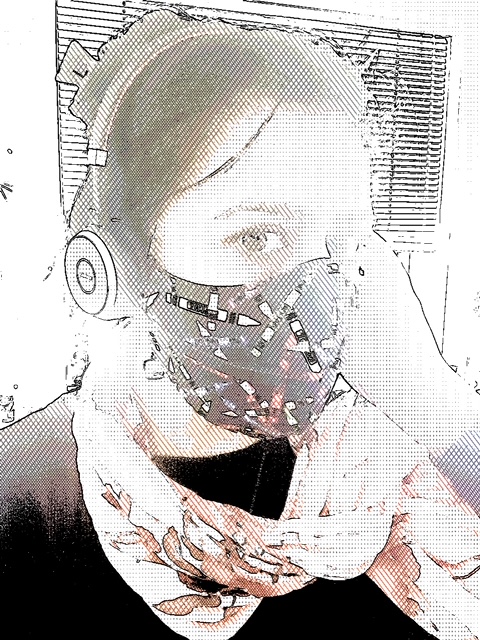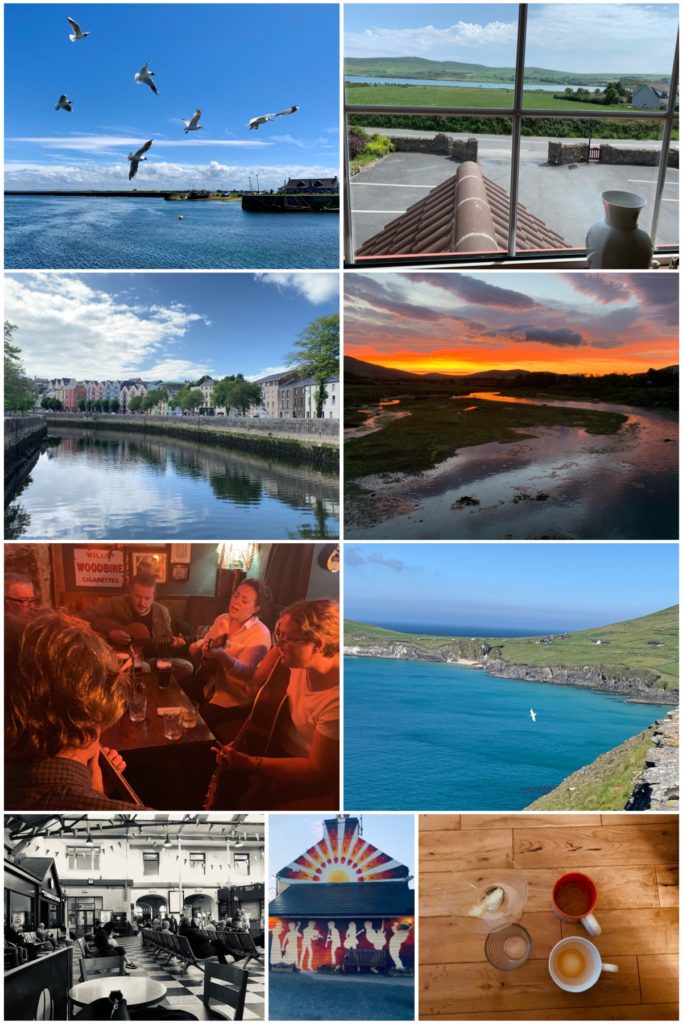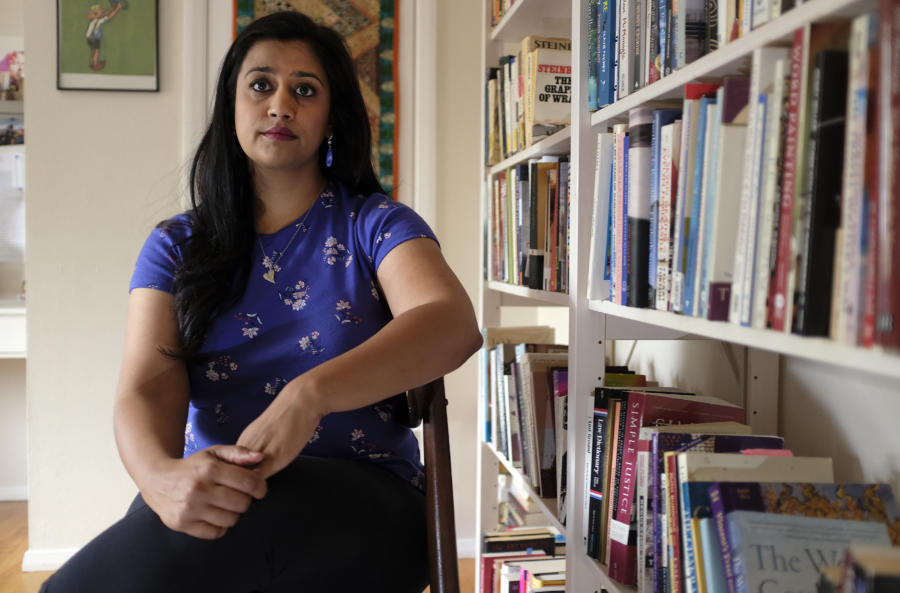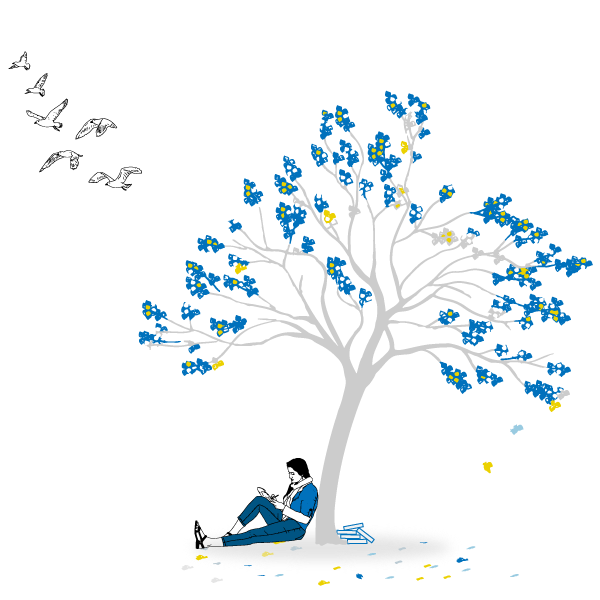2021 Bristol Short Story Prize Longlist
The post which follows was written last night (late into last night since that’s the only time when I can make some time right now) and I was going to proof-read it this morning and then hit publish. But I woke up to the news that my short story “This Is How You Lie” had made it to the Bristol Short Story Prize longlist! I have been following the stories in BSS Prize since 2009. It has some of the finest short story writing. The chances of making it this far are rare (there were 2,545 entries!), so I am not holding my breath for the shortlist. I am thrilled to have made the longlist! I really needed this news–as you read on, you will see why!
Is it still 2020?!

I can’t believe half of 2021 is over. In ten days it will be August; it will be more than half over. We seem to be moving forward and backward simultaneously and hence going nowhere. We are spinning which explains the exhaustion. I haven’t been able to read or write since April 5th, 2021 (not like I was before) when I was required to go back in the classroom for in-person instruction while simultaneously teaching those few students who remained online while simultaneously planning for students to go online and come in-person as and when they pleased without regard to any actual ailment.
I couldn’t even remember until I sat down to write this post if I had submitted anything or any work had been accepted for any publication. In February of 2021, I was invited by Kirsten (who at the time was still part of The Common Breath) to participate in their Friday Series where writers and authors discuss their reading life. You can read about the books that shape(d) me and why right here. You may recall this is the same Glasgow-based journal that published my short short story “Other People’s Memories” in 2020.
That being said I was shocked to learn in May that the main editor, the man behind the imprint, was reported missing and then Glasgow police recovered a body which is likely his. I didn’t know him well except that he was very passionate about literature, especially working-class voices, and my interactions with him were polite and professional. I can only offer my sincere condolences to his family and close friends who may have known more about the state of his mental well-being.
I love to write letters; I always have. I write them even when I know the recipient will not reply, even when they acknowledge receiving the letter via text or email only. Luckily, a lot of my friends in Ireland DO reply with handwritten letters and postcards (and I even get parcels with books, tea and porridge!). But generally speaking, most people don’t. Often my emails can resemble letters. I refuse to conform and use email like a text message; telegram on lightening speed is how I continue to think of e-mail. A friend shared this essay from 2013, “In the Day of the Postman” by Rebecca Solnit, which sums up how I feel about letters and technology. The entire piece is worth reading and will make you nostalgic for a different time (and hopefully inspire you to do your part to slow down time). I share this here:
Previous technologies have expanded communication. But the last round may be contracting it. The eloquence of letters has turned into the unnuanced spareness of texts; the intimacy of phone conversations has turned into the missed signals of mobile phone chat. I think of that lost world, the way we lived before these new networking technologies, as having two poles: solitude and communion. The new chatter puts us somewhere in between, assuaging fears of being alone without risking real connection. It is a shallow between two deep zones, a safe spot between the dangers of contact with ourselves, with others.
(…)
There is so much information that our ability to focus on any piece of it is interrupted by other information, so that we bathe in information but hardly absorb or analyse it. Data are interrupted by other data before we’ve thought about the first round, and contemplating three streams of data at once may be a way to think about none of them.
Vol. 35 No. 16 · 29 August 2013 DIARY

This is why I was ecstatic to learn that my letter-essay was included in The Letters Page Vol 5. It’s probably one of my favorite (non-fiction) publications, so I am honored to be published by them. Before the pandemic, each volume would be sent in a box: a box of letters that were bound like a journal! Some of my favorite writers have been published in this journal. This essay was a letter to my friend Anne in Cork, Ireland (by the way, if you are a writer reading this, she has an excellent new post about “writers’ block”). It was also a letter to Ireland. I haven’t been able to return since December of 2019 and I miss my friends, the land and the sea a lot. You can read the letter here. I can’t wait to return.
The Letters Page is a University of Nottingham publication and part of their content team is comprised of students who interview writers, if they choose to participate. Annie Agathopoulou (she is from Greece and she attends University of Nottingham but was in Greece since lockdowns began and was spearheading the interview from there. Here is a lovely essay about postcards and Vienna from her.); Kat (she is from the U.S. but was in the U.K. for her studies and had been there ever since lockdowns); and Lois (from U.K.) interviewed me over Zoom. This interview happened in mid-April. In-person teaching had resumed on April 5th and I was drowning in sensory overload of all sorts. At one point I became so emotional during the interview (which was being recorded so they can reference it for accuracy!) that I am now convinced it was some out-of-body experience. I had become so far removed from “talking about myself” like a human being due to online teaching and watching—like one watches thoughts come and go in meditation—what was unfolding in the country despite an ongoing pandemic, that I didn’t even recognize the voice of the person who was speaking; the things she/I was saying seemed to belong to another.
It was then that I realized that I had survived the lockdown and teaching online in fine glory, appearing unscathed, but at the cost of being on autopilot in many ways that may not have been so healthy. I dunked myself in the moment, the very moment, of living and nothing more: exercise, eating healthy, writing, reading, attending online literary events, attending teaching related events, connecting with family and friends online, and teaching (literally around the clock; due to everything being online there was no end and no boundaries to connecting with students and families). My productivity was unparalled. On the good days, I said I was like a happy hermit. On the bad days, I said I was like a pissed prisoner (and most prisoners are in great shape and can make a lot of time for reading). Looking back, I think that’s the closest I will come to knowing what it is to be a soldier before there were drones. I am extraordinarily resilient; I can thrive much farther under stress than an average person, but no one escapes war. For all the talk about “living in the moment”, we need to know there is a beyond the moment and we need the past to bookmark that beyond, to recognize the immediacy of the moment we are in. Being in the present works if we know there is going to be a different present “later”. I am still figuring all that out, so I don’t have much more to say on this. Anyway, I wrote the following to them after the interview:
“Thank you for creating the space for me to express myself so openly. It made me very emotional to talk about some things because I come from parents who sacrificed everything so we could have a chance at a life in a country called America, not to attain wealth, but for freedoms that weren’t provided anywhere else, especially freedom of speech. And the emotional outburst is probably also the result of not being used to chatting with others outside one’s bubble anymore. A ‘normal’ exchange can push one over the edge! At least that’s what I am seeing among co-workers and students.”
They were more than understanding and generous. Thankfully, they included all that makes sense and omitted all that needed to be elaborated. I was and I remain moved by their integrity. They are young women and they gave me a lot of hope for the future of journalism. You can read the interview here.
Speaking of journalism, my city’s local paper wrote an article about the low literacy rate in the state. Three out of four 4th graders can’t read at grade-level and no significant change has occurred in twenty years. I wrote a scathing reply to the journalist, not expecting anyone to read it. Three weeks or so later, the journalist wrote back to inquire if I would be interested in a follow-up interview. I thought it would be a simple and straightforward one-time chat; but, it was not. We had several phone conversations to clarify what did I mean by this?, did I actually mean this when I said that? Did I really want to go on the record about this? I was so anxious one of the nights after the follow-up that I couldn’t sleep. Words get taken out of context all the time now. I actually have a stable job now where I am not treated poorly for doing my job well and I didn’t want to jeopardize that. And I don’t believe solutions come from casting blame. What if–for ratings, for this, for that, the journalist spun things this or that way? I had to remind myself that my intentions were good, my students and their families knew how hard I worked to reach every student, and, in the end, it wouldn’t matter what I meant, anything could and would be taken out of context to serve whoever if they so decided. To my surprise, I was genuinely inspired by the local journalism and it gave me hope despite the state of corporate media at the national level. The journalist did his best to provide a whole picture and understood that I was very passionate and without the opportunity on elaborating, certain statements could very easily be misunderstood and therefore left them out. You can read it here.
I am including this photo here because it just so happens that the photojournalist the newspaper sent choose this photo for the article from the many he took. Of all the books one can see the title Simple Justice: The History of Brown v. Board of Education and Black America’s Struggle for Equality by the brilliant Richard Kluger. It was assigned reading the summer before law school began in 2005. It’s a “landmark work of popular history, graceful and fascinatingly detailed, the panoramic account of a struggle for human dignity in process since the birth of the nation.” You can also see my copy of The Grapes of Wrath. I don’t know if this was intentional or coincidence, but if there were two books that ever summed up the state of education…
Additionally, behind me in my study hangs a framed print I bought in Prague in which the puppet is cutting its own strings. I love that in this image, he appears to be having fun, string-free!

The aforementioned article led to a radio interview with host Bob Clark on KKOB 96.3 here in town. You can listen to that here.
No, it’s no longer 2020.
“Let me only be still, and know we can force nothing, and compel nothing, can only nourish in the darkness the unuttered sounds of the new life that shall be”—D.H. Lawrence
— Pico Iyer (@PicoIyer) July 21, 2021
I know it’s a dark time. I am too wary to call it our Dark Age. We see light from broken spaces and we feel hopeful and then we are suddenly reminded how fragile hope is. It’s vanished before we can feel good for too long. But, this isn’t the first time humanity has gone through darkness, and it won’t be the last. Maybe, in this moment, I am hopeful as I write this because I am surrounded by the busy-ness of looking at the world through my nieces’ and nephew’s eyes. They are charmed and enthralled by all the life that’s unfolding. Maybe because they are all under five and “don’t get it.” But maybe they get something we keep forgetting: to create beauty and meaning, even when it looks messy; to be awed, even when you have “seen it before”; to know what you know. It’s no longer 2020 but it will take some time to really move on and hopefully forward (given corporate governments and those in power every where learned nothing from the pandemic).
I will leave you this gem, one of the many persona poems from The Wild Iris. Here is Louise Glück:
Retreating Light
You were always very young children,
always waiting for a story.
And I’d been through it all too many times;
I was tired of telling stories.
So I gave you the pencil and paper.
I gave you pens made of reeds
I had gathered myself, afternoons in the dense meadows.
I told you, write your own story.
After all those years of listening
I thought you’d know
what a story was.
All you could do was weep.
You wanted everything told to you
and nothing thought through yourselves.
Then I realized you couldn’t think
with any real boldness or passion;
you hadn’t had your own lives yet,
your own tragedies.
So I gave you lives, I gave you tragedies,
because apparently tools alone weren’t enough.
You will never know how deeply
it pleases me to see you sitting there
like independent beings,
to see you dreaming by the open window,
holding the pencils I gave you
until the summer morning disappears into writing.
Creation has brought you
great excitement, as I knew it would,
as it does in the beginning.
And I am free to do as I please now,
to attend to other things, in confidence
you have no need of me anymore.

Your post is wonderful. My biggest takeaway from all of this is how woefully I underestimated just how asleep so many of us our about so many things, and not the ones being aggressively presented to us that are *supposed* to denote a lucid state of affairs. It occurs to me that not many of us have made our own way through life, not many at all; I underestimated the damage that slumber could invoke when people were jarringly awakened and realized that the responsible parties were likely to an extent, staring back at them through mirror during lockdown, a notion that was rapidly dismissed out of fear of accountability and a legitimate terror that the sandman would not be crossing their threshold again anytime soon. The result is a lashing outward and it is trying to find the bottom of a hole one is still digging.
Lovely post, Annie, and thanks for the link. You’ve achieved so much already this year! And in the midst of the madness – it’s commendable